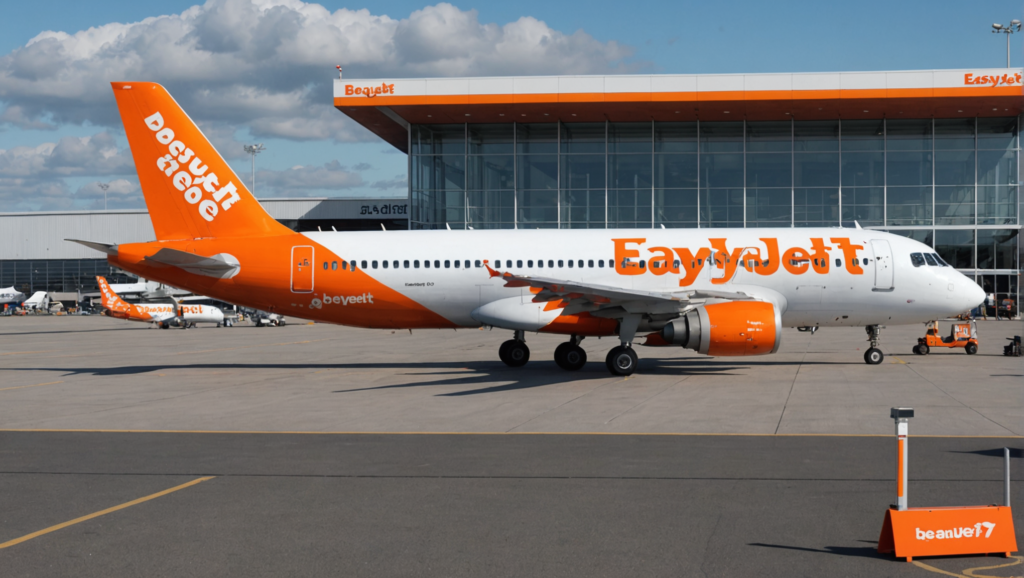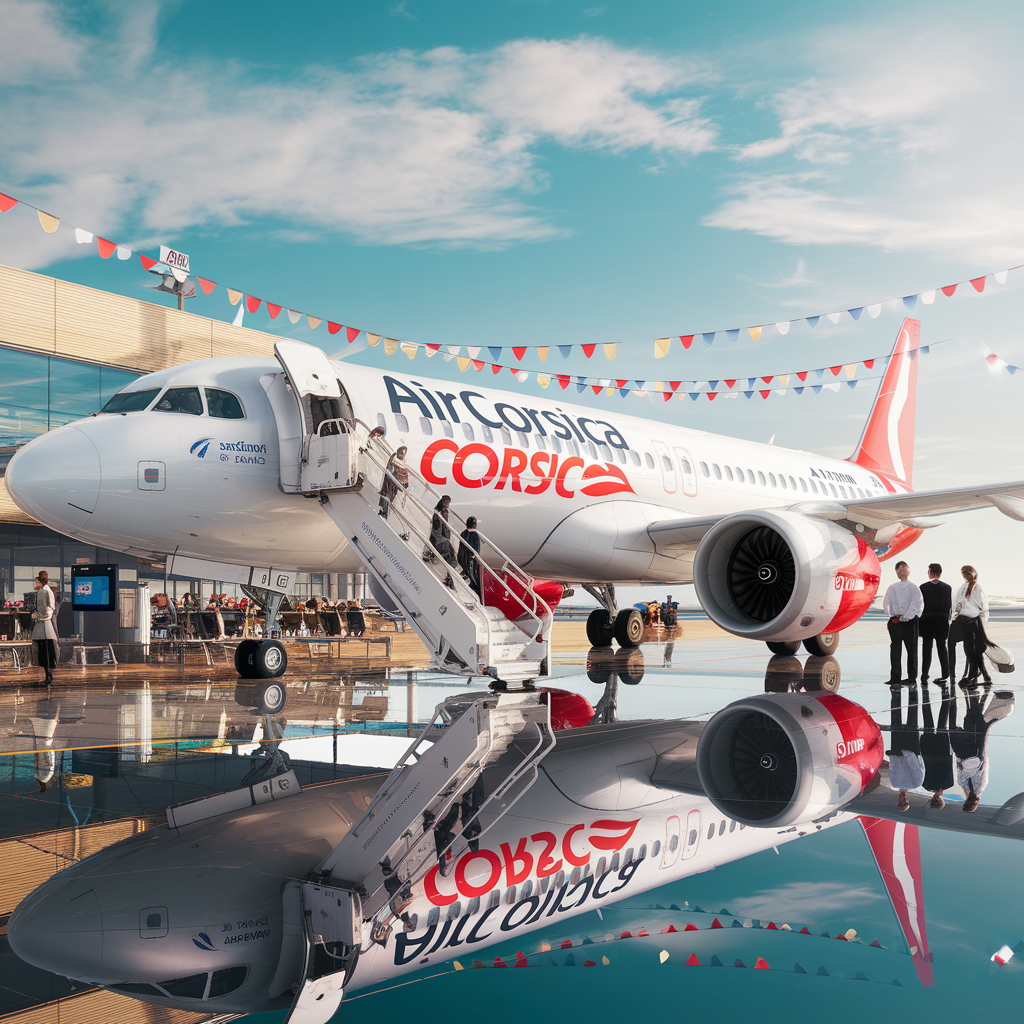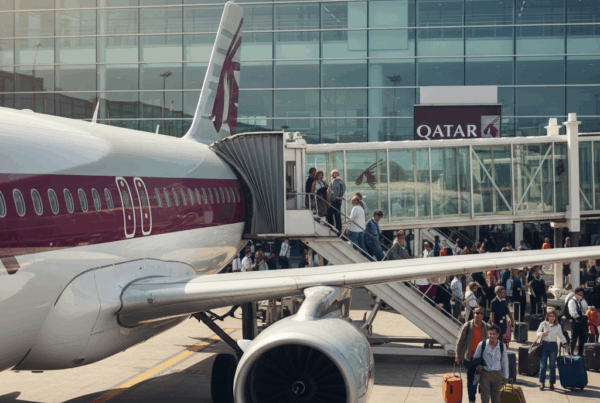A new page is being turned in the landscape of transatlantic links: Air Canada is launching a new service between Toulouse-Blagnac Airport and Palma de Mallorca Airportoperated by the new A321XLR. This initiative, announced forsummer 2026is part of a strategy to extend the European network and modernize the fleet, with direct implications for local tourism and connections to Canada.
Air Canada inaugurates the Toulouse-Palma de Mallorca route with the A321XLR: a new era
The ad immediately places Toulouse and Palma de Mallorca at the heart of a redesigned transatlantic network. The use ofA321XLR makes it possible to serve corridors previously reserved for wide-body aircraft, while offering greater operational flexibility.
Beyond the simple addition of frequencies, this route illustrates the desire ofAir Canada explore seasonal tourist markets and strengthen North American connections from regional European airports. Insight: the company is now playing the long-haul single-aisle card to open up segments that would otherwise be costly to operate.
Visit A321XLR transatlantic versatility and economy
L'Airbus The A321XLR combines extended range with reduced fuel consumption per seat, offering a greener alternative to wide-body aircraft on certain routes. On board, Air Canada's cabin will feature 182 seats in total, including 14 in Signature class with 180° reclining seats, and 168 in economy class.
Technology meets comfort: the aircraft allows direct routes like Montreal-Palma de Mallorca or Montréal-Toulouse without systematically resorting to wide-body aircraft. Insight: the A321XLR reconciles business requirements and environmental footprint.
Network transformation is not just a question of aircraft. In 2025, several airlines will be redrawing their maps, from the opening of regional routes by Volotea to the rise of North American hubs. These moves provide the backdrop for a market where every strategic innovation is immediately measured in terms of its impact on tourism and interconnections.
Impact on tourism: Toulouse Tourism, Balearic Islands Tourism and local players
The link directly stimulates Tourism Toulouse and Balearic Islands Tourismby facilitating round-trips between an aeronautical metropolis and a major seaside destination. Specialized agencies such asFram Travel Agencywill be able to enhance their combined France-Canada-Balearic offers, promoting innovative packages.
Ground services and mobility also benefit from the network effect: partners like TravelCar are seeing an increase in demand for airport rentals, while low-cost and regional competition, embodied by Transavia France and other players, will adjust its schedules. Insight: the new route catalyses economic synergies far beyond the simple plane ticket.
This move comes at a time of accelerating route launches and network optimization by several operators. To give just a few recent examples, Volotea has launched a Lyon-Billund route (details here), Tassili Airlines has inaugurated new summer services to France (see article), and easyJet has announced a winter service from Paris to Gran Canaria (more info).
Operational and passenger experience: the story of a fictitious captain
An experienced captain, observing changes in the profession, notes that the A321XLR changes the planning equations: fuel, payloads and airport slots are readjusted. The redesigned cabin promises an experience close to that of traditional long-haul aircraft, while retaining the efficiency of a single-aisle aircraft.
For connections in Montreal, the new concept represents an opportunity to ensure smooth transfers to the North American network without multiplying stopovers. Insight: the recipe lies in the balance between a reduced operational footprint and enhanced commercial appeal.
The European airline calendar remains dynamic and instructive. Delta has strengthened its position at LAX with new international routes (read), while Emirates and Qantas are pursuing strategic expansions into new markets (Emirates, Qantas). These movements provide a basis for anticipating the way in which Air Canada will use theA321XLR on other European and North American corridors.
Towards new connections: what this means for airports and travellers
The operation strengthens the role ofToulouse-Blagnac Airport as the French-speaking gateway to North America, positioning thePalma de Mallorca Airport as a seaside gateway directly linked to the Canadian network. Local economic spin-offs should materialize in the form of increased tourist flows and collaboration between private and institutional players.
Finally, the adoption of theA321XLR by a major North American airline reaffirms the trend towards more agile strategic aviation, where the combination of operating economy and passenger experience opens up hitherto marginal routes. Insight: these routes foreshadow a future where modular aircraft redesign the lines of international tourism.
On the same theme
easyJet pulls out of Beauvais after abandoning Toulouse
British airline easyJet recently announced the closure of its Toulouse base by March 2025. Following this decision, easyJet also plans to leave Beauvais airport at the end of the 2024 summer season. This decision comes at a time when...
Air Canada responds to 72-hour strike notice from CUPE with lockout notice
Air Canada was recently faced with a delicate situation following a 72-hour strike notice issued by CUPE members. Faced with this threat, the airline reacted swiftly with a series of actions...
Air Corsica inaugurates a permanent service between Toulouse and Bastia
Air Corsica announces the opening of a new route linking Toulouse and Bastia, from October 4, 2024. This year-round service is scheduled with two direct flights a week, on Fridays and Sundays. Departures are scheduled at 11:00...







